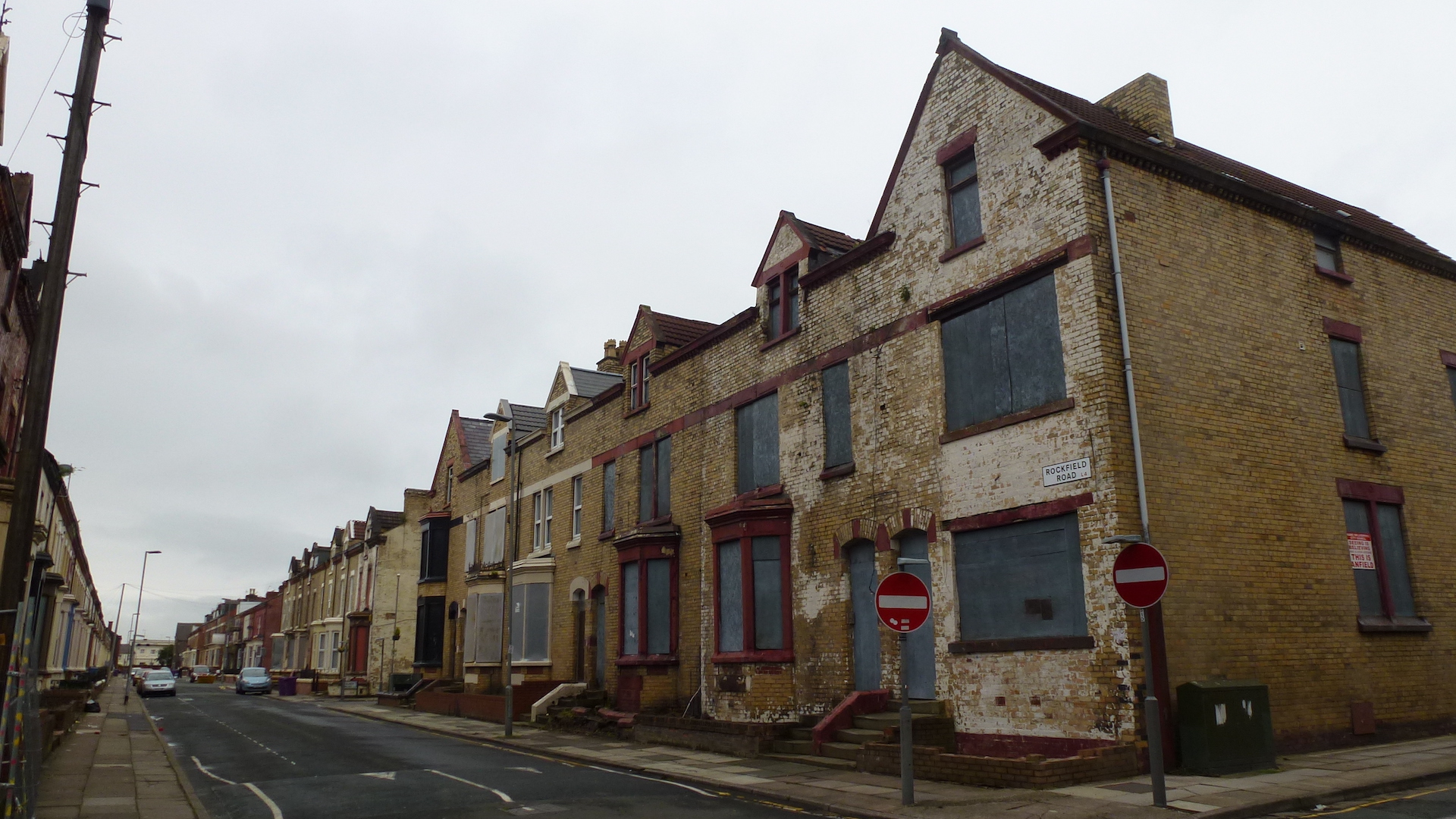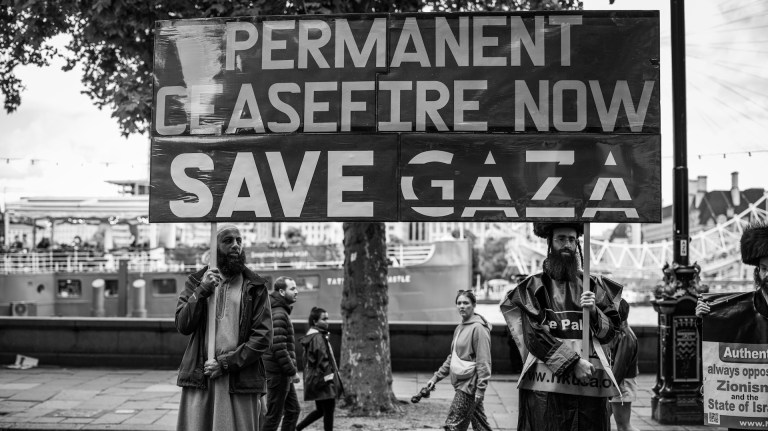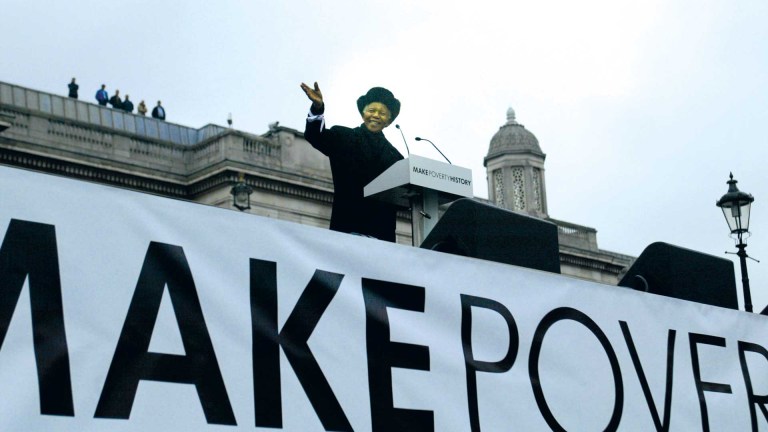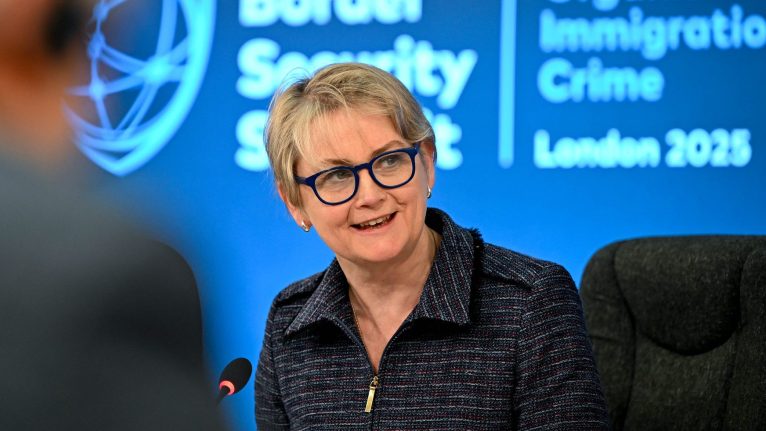Twelve of Europe’s biggest football clubs announced late on Sunday they would be setting up their own competition. Half that number represents the Premier League’s “Big Six”: Liverpool, the two Manchester clubs, and Arsenal, Chelsea and Tottenham from London. The announcement has drawn almost unanimous condemnation from fans, football’s governing bodies and politicians.
The ESL, which also includes Atletico Madrid, Barcelona, and Real Madrid from Spain, and Inter Milan, AC Milan and Juventus from Italy, is pitched as a “new midweek competition” with the same 15 teams every year. Three more “founding members” have yet to be announced, and another five will be given the chance to qualify annually.
While the clubs wish to remain in their domestic leagues, they have faced the threat of sanctions for playing in the new Super League, including expulsion from the existing competitions.
FIFA, the body governing global football, previously said it would refuse to recognise such a league and Europe’s footballing body UEFA dubbed it a “cynical project”. Both have threatened banning players involved in the ESL from international competitions.
“I really can’t believe it. It affects everything,” Nick Clarke, co-founder of Manchester City Fans Foodbank, told The Big Issue. “If they throw us out of domestic competition, will there still be the same number of games for us to collect food at?
“We have had to get creative over the past year to keep it going. The reason we have been successful is because we have a large fanbase which, in normal times, regularly goes to the stadium and drops donations off to us en route. The owners were willing to throw that away. Obviously they’re not thinking about little people like us.
Advertising helps fund Big Issue’s mission to end poverty
“Our biggest asset is that match day crowd. We will survive this in whatever circumstances, we will do whatever we can to support people in Manchester, but I do not understand how we would operate. We’ll do it, but it terrifies me.
“I hope the club is relegated six, seven leagues. It would be deserved.”
Teams involved in the new Super League will share a fund of a little over £3bn to improve their infrastructure and reduce the effects of lockdown, but not to spend on player transfers.
Asked by The Big Issue if the funds could be used to increase the pay of behind-the-scenes staff, an Arsenal spokesperson said they could not comment, but that there was “lots more to do to bring the competition to life” and that the club’s focus is on “finishing this season as strongly as possible”.
Only two of the six English clubs – Chelsea and Liverpool – are recognised by the Living Wage Foundation as paying its staff the real living wage, while Tottenham claims to pay its workers to that standard too. Manchester City, Manchester United and Tottenham did not respond to requests for comment.
American bank JP Morgan is one of the leading financiers behind the project, and reports suggest a European Super League winner could receive prize money worth nearly triple what is given to Champions League victors.
Advertising helps fund Big Issue’s mission to end poverty
The clubs were “willing to throw the good will of fans away for a bargaining chip,” Clarke said. “I’ve never seen it done in such a naked way before.”
And club leadership is ignoring the “abject poverty” surrounding their “multi-million pound businesses”, said Kelly.
“Those football clubs are probably the greatest asset that any of those communities could have. But this moves locals further and further away from feeling the effects of that.”
The planned Super League is “totally abhorrent”, the Evertonian added. “These six clubs want to have their cake and eat it too. This is driven by greed by people who’ve got no affinity with the local communities.”










